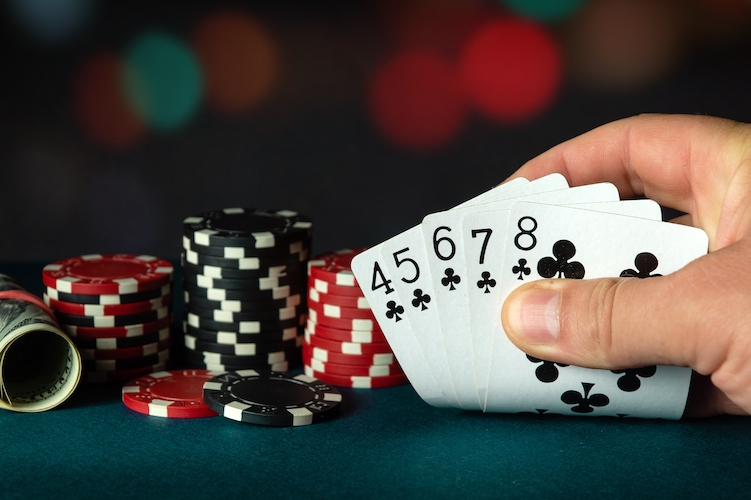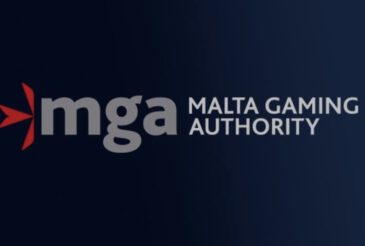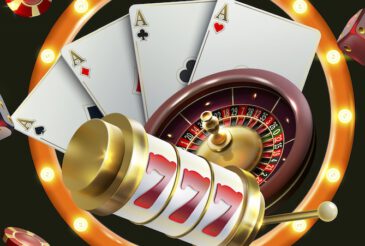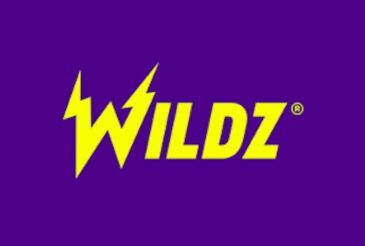
For decades Canada’s lax approach to financial crime has been exploited by Chinese criminal gangs who launder their cash through Vancouver’s land-based casinos. In this article we uncover the story behind what has become known as The Vancouver Model.
Ask anyone what they think about Vancouver and you’ll hear about the beauty of the area, the many outdoor activities, Stanley Park, and perhaps even the incredible seafood in the city’s many restaurants. But what you likely won’t hear are the three words ‘The Vancouver Model’, a system by which criminal gangs would use the city’s casinos to launder their cash.
Even though locals don’t talk about it too much, the truth is that Vancouver is the money laundering capital of Canada — a reputation that it has worked extremely hard to rid itself of in recent years.
HOW THE VANCOUVER MODEL WORKS
The Vancouver model process begins thousands of miles away in China. The strict currency controls in the communist-led nation prevents individuals from taking more than USD $50,000 out of the country without reporting it to the tax office.
However, there are many wealthy Chinese citizens who want to circumvent the rules for reasons of their own. Perhaps they want to invest their money in businesses outside of China or buy property — whatever their reasons, there are a lot of these individuals.
It’s not clear how the process begins, but these individuals will connect with criminal gangs that have ties to Vancouver. They will then make an arrangement whereby they deposit a sum of money into a Chinese bank account controlled by the gang. The individual will then travel to Vancouver where they will be given the equivalent of their deposit in Canadian dollars minus a fee, of course.
Quite often this cash will be handed over in a hockey bag or suitcase and they end up with stacks of $20 bills.
They then take their enormous stack of cash to a casino where they exchange it for chips with hardly an eyebrow raised at the sums involved. The River Rock Casino in Richmond once accepted CAD $13.5 million in $20 bills.
Once they have their chips they’ll play a few low-stake games at the tables spending and losing very little. After they’ve spent a little time in the casino, they’ll cash in their chips for much larger notes than they came in with, and walk out the door. And all that cash in their pocket becomes legitimate money.
The only problem is that the cash they pick up in Vancouver is the gang’s profits from drug sales or other criminal activity.
The gang can then reinvest their money into further criminal activity while the wealthy individual can invest in whatever they choose to in British Columbia which, more often than not, happens to be real estate. Incredibly, research by the National Bank of Canada has revealed that one third of property in Vancouver is owned by Chinese investors.
The Vancouver model is a win-win for both parties as the gang gets an opportunity to launder their money while the wealthy individual can buy real estate and hide their investment from the Chinese government.
WHO ELSE IS INVOLVED?
While Chinese citizens are usually the ones that invest in real estate, the criminal gangs aren’t necessarily Chinese themselves. Vancouver is an incredibly diverse city with people from a wide variety of backgrounds calling the place home and that means criminal gangs from many different cultural backgrounds.
According to British Columbia law enforcement, there’s an estimated 188 criminal groups in the province. This includes Vietnamese and East-Asian gangs, Chinese-Asian Triads, Iranian gangs, and even El Chapo’s Sinaloa cartel that has links to Vancouver.
WHY IT WORKS
In most countries, there are protocols that would prevent such a simple process to launder money. But Canada has some of the most lax financial reporting laws in the developed world. Add to that the fact that white collar crime has historically been very low on the priority list of law enforcement agencies, and it’s little wonder that money laundering in British Columbia was estimated to be worth around $1B per year back in 2019.
Individuals who have cashed in their chips also find it easy to open Candian bank accounts with their now legitimate money. A recent government inquiry heard how Canadian banks were like ‘one-stop shops’ for money laundering.
Then there’s also certain ways that real estate can be bought in Canada that makes it easy to hide the identity of the owners. A report by Transparency International Canada found that in 2016 as much as 50% of Vancouver’s most expensive homes were bought using structured purchase methods that would hide the owner’s identity.
DOES IT STILL HAPPEN?
The Vancouver Model was at its height from 2009 to 2017 and was said to have reached its peak in 2015.
In 2017, the government released CCTV footage of these wealthy individuals walking into casinos with bags of money in a bid to highlight the issue. At the same time, British Columbia’s new Attorney General David Eby made efforts to curtail the activity. He implemented new anti-money laundering (AML) measures in casinos. These required casinos to verify the source of cash if the amount exceeded CAD $10,000. He also ordered round-the-clock surveillance at high-risk casinos.
While the Vancouver model was hugely successful for a time not just in British Columbia but throughout Canada, it’s not quite as prevalent today as it was in its heyday. Following the introduction of AML measures, suspicious transactions dropped to just CAD $200,000 in February 2018 after peaking at CAD $20 million in July 2015.
That said, despite the best efforts of the government, it’s believed that criminal gangs still manage to launder millions each year through the nation’s casinos.






